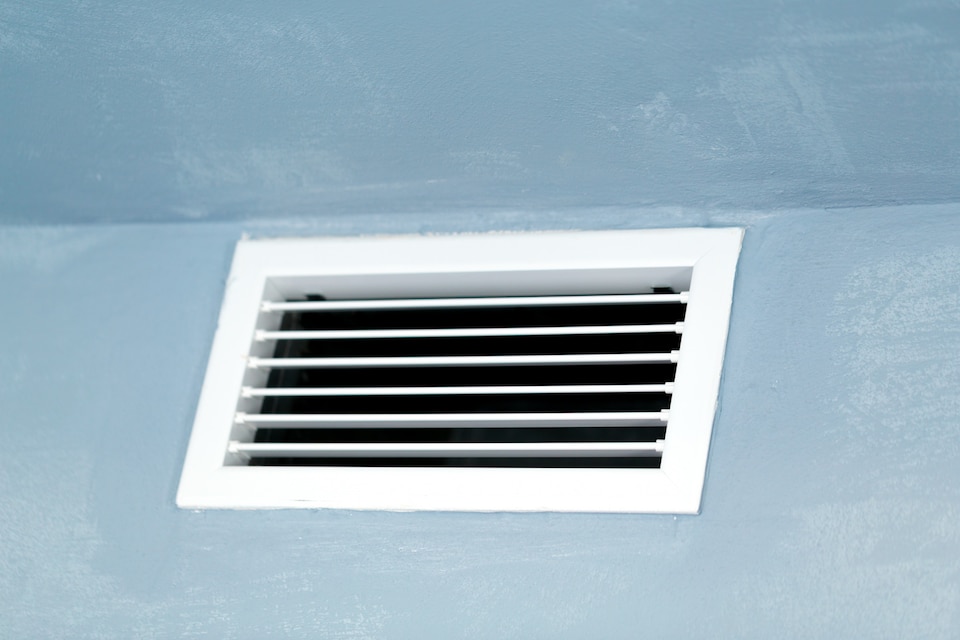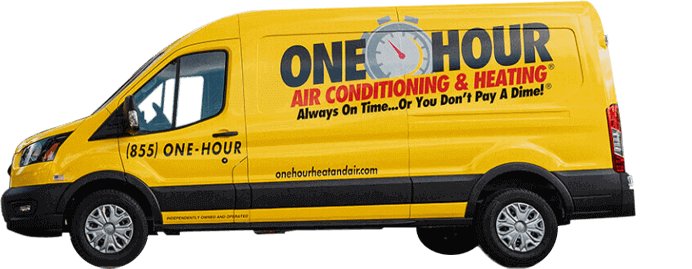Winter brings a range of heating challenges that can affect your home’s comfort. As the temperatures drop, your HVAC system works harder to keep your home warm. This increased demand can lead to various problems that necessitate HVAC repair. Understanding these common winter heating issues can help you identify problems early and take prompt action to resolve them.
Insufficient Heat Production
Insufficient heat production is a common issue during winter. When your HVAC system fails to produce adequate heat, your home can become uncomfortable. Several factors can contribute to this problem, requiring immediate HVAC repair.
Firstly, a malfunctioning thermostat can prevent your system from maintaining the desired temperature. If the thermostat is not accurately reading the indoor temperature, the HVAC system may not activate as needed. Recalibrating or replacing the thermostat may resolve this issue.
Secondly, clogged air filters restrict airflow, making it difficult for your system to heat your home efficiently. Air filters should be checked and replaced regularly to ensure proper airflow and to prevent the system from overworking.
Lastly, issues with the furnace itself, such as a faulty igniter or a malfunctioning pilot light, can lead to insufficient heat. These components are crucial for the heating process. If they fail, the furnace won’t be able to produce heat effectively. Our professionals can diagnose and repair these specific parts to restore optimal heat production.
Uneven Heating Between Rooms
Uneven heating between rooms is another frustrating problem encountered during winter. Some rooms may feel too warm while others remain chilly, causing discomfort and inefficiency in your home. Several factors can contribute to this issue.
Poor insulation in certain areas of your home may cause some rooms to lose heat faster than others. Ensuring that your home is well-insulated can help maintain consistent temperatures throughout all rooms.
Blocked or closed vents can also lead to uneven heating. Inspect and ensure that all vents are open and unobstructed to allow proper airflow to every room. Additionally, balancing the dampers in your HVAC system can help direct airflow more evenly throughout your home.
Another common cause is an improperly sized HVAC system. If the system is too large or too small for your home, it can struggle to maintain consistent temperatures. Our technicians can assess your home’s heating needs and recommend the appropriate system size to ensure even heating.
Strange Noises from the HVAC System
Strange noises coming from your HVAC system are often a sign that something is wrong. Identifying the types of sounds can help determine the issue and guide you toward the necessary HVAC repair.
1. Banging and Clanging: These noises typically indicate loose or broken components within the system. Loose parts can hit other components, causing the noise. It’s essential to address this promptly to avoid further damage.
2. Squealing or Screeching: High-pitched squeals often suggest a problem with the blower motor or fan belt. Worn-out belts or lack of lubrication can cause these noises. Our technicians can replace the affected parts or provide the necessary maintenance to stop the noises.
3. Rattling: Rattling sounds may indicate debris within the HVAC system or loose ducts. Inspecting and cleaning the system or securing loose ducts can resolve this issue.
4. Humming or Buzzing: A humming or buzzing noise usually points to electrical issues. Faulty wiring or failing components within the HVAC system may cause these sounds. Electrical problems require immediate attention from our professionals to ensure safety and repair.
Frequent System Cycling and Short Cycling
Frequent system cycling, also known as short cycling, is when your HVAC system turns on and off repeatedly in a short period. This issue not only causes discomfort but also places undue stress on your system, necessitating HVAC repair.
Possible Causes of Short Cycling
1. Thermostat Issues: A malfunctioning thermostat can cause the system to cycle on and off quickly. Replacing or recalibrating the thermostat can resolve the issue.
2. Overheating: If the system overheats, a safety mechanism will shut it down to prevent damage. Overheating can result from dirty filters, blocked vents, or other airflow issues. Cleaning the system and ensuring proper airflow can fix this.
3. Refrigerant Leaks: Low refrigerant levels can cause the system to short cycle. Inspecting for leaks and refilling the refrigerant can solve this problem.
Solutions for Short Cycling
Proper maintenance is essential to prevent frequent cycling. Regularly changing air filters, inspecting ductwork, and ensuring the thermostat functions correctly can help maintain system efficiency. Our technicians can provide a thorough inspection, identify the root cause, and perform the necessary HVAC repair to stop short cycling.
Conclusion
Winter can bring a range of heating problems that require HVAC repair. Recognizing these issues early and taking appropriate action can ensure your home remains warm and comfortable. Addressing insufficient heat production, uneven heating between rooms, strange noises from the system, and frequent cycling can extend the life of your HVAC system and improve its efficiency.
For expert HVAC repair in Rockwall, TX, trust One Hour Heating & Air Conditioning. Our professionals can diagnose and fix any heating issues, ensuring your system runs smoothly throughout the winter. Contact us today to schedule your service and stay warm all season long!











